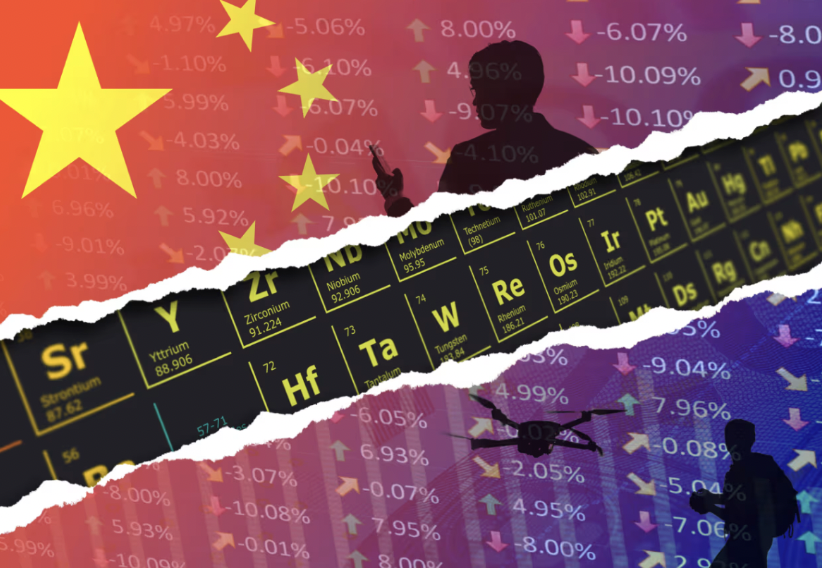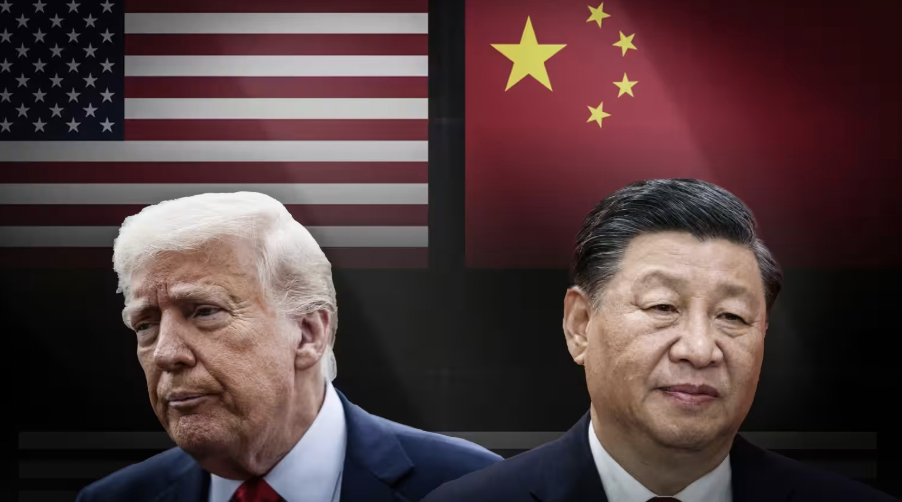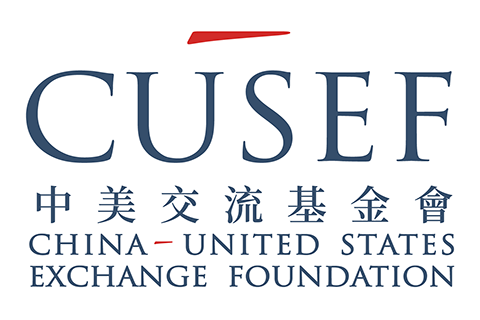
Dear Focus Reader,
This week, top U.S. and Chinese officials convened in London for the latest round of trade talks aimed at dialing down tensions between the world's two largest economies. The high-stakes negotiations, held at Lancaster House, a stately government venue, come just days after Presidents Donald Trump and Xi Jinping spoke by phone for 90 minutes, a call Trump later described as having a "very positive conclusion."
Led by U.S. Commerce Secretary Howard Lutnick, Treasury Secretary Scott Bessent, and U.S. Trade Representative Jamieson Greer, the American delegation met with Chinese Vice Premier He Lifeng, Beijing's top economic envoy. The two sides have reportedly agreed to a loose "framework" for future cooperation, though specific terms have not been disclosed. Lutnick told reporters that the parties had "pounded through" the most difficult issues and were working to implement the so-called "Geneva consensus," a 90-day tariff pause struck last month.
Among the most pressing topics were China's restrictions on exports of rare earth minerals, which are vital for electronics and defense systems. Beijing, citing domestic needs, has sharply cut back these exports since 2024, leading to a more than 20% year-on-year decline. However, Trump claimed last week that Xi agreed to resume the flow of these critical materials to the U.S., suggesting a possible breakthrough.
Still, tensions persist. U.S. export controls on semiconductor technology and recent visa restrictions on Chinese students have drawn sharp responses from Beijing. Trade analysts remain skeptical about whether the framework will yield lasting results, but having the two sides back at the negotiating table, and talking beyond tariffs, may be the clearest sign yet that both sides are feeling the pressure to avoid a renewed economic spiral.
Learn more on China-U.S. relations by catching up on our latest Focus content, including topics on geoeconomics, ongoing dialogue, and more.
The Trump administration's proposed defense budget for 2026.
Read more in "Military Will Likely Drive Trump's Indo-Pacific Policy" by Zhang Gaosheng, Researcher at Department of World Peace and Security, China Institute of International Studies.
From Hong Kong Galleries to Global Understanding: The Power of Cultural Exchange
Watch VideoIn our Focus Insights section, we shared an article by Chaminade University professor Chris McNally on how U.S. pressure tactics on China may backfire, as Beijing exploits supply chain vulnerabilities and gains leverage in a growing geoeconomic showdown.
We want to hear from you!
Will the growing economic confrontation between the U.S. and China increase the risk of military conflict in the region?
Submit your thoughts to USeditor@chinausfocus.com for a chance to be featured in next week's Focus This Week.
useditor@chinausfocus.com for more info.
Prepared by China-US Focus editorial teams in Hong Kong and New York, this weekly newsletter offers you snap shots of latest trends and developments emerging from China and the U.S. every week. It is a community space to exchange thoughts and ideas about the China-U.S. relationship and beyond.
- 2025-06-06 Focus This Week: A Long-Awaited Call
- 2025-05-30 Focus This Week: Visas in the Crosshairs
- 2025-05-23 Focus This Week: Academic Exchange Strained
- 2025-05-16 Focus This week: Rolling Back, Moving Forward?
- 2025-05-09 Focus This Week: "Friends of Steel"
- 2025-05-02 Focus This Week: An Open Door?
- 2025-04-25 Focus This Week: Open for Business
- 2025-04-18 A "Numbers Game"
- 2025-04-11 Focus This Week: Beijing Strikes Back
- 2025-04-04 Focus This Week: Tariff Turmoil
- 2025-03-28 Focus This Week: Navigating Uncertainty
- 2025-03-21 Focus This Week: Driving Diplomacy
- 2025-03-14 Focus This Week: Two Sessions Wrapped
- 2025-03-07 Focus this Week: Setting the Agenda
- 2025-02-28 Focus This Week: A Dramatic Shift
- 2025-02-21 Focus This Week: Straining Ties
- 2025-02-14 Focus This Week: Deals and Defense
- 2025-02-07 Focus This Week: The Saga Continues
- 2025-01-31 Focus This Week: Tariffs and Tech
- 2025-01-24 Focus This Week: A New Era




